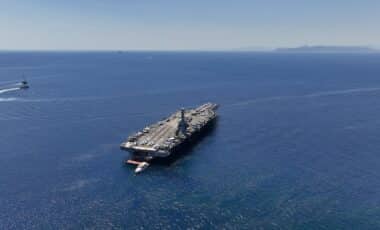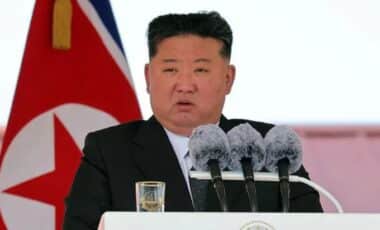In Melody Foreman’s well-crafted, thoroughly engrossing treatise depicting the wartimeexperiences of four movie superstars, she welcomes us to look closely behind the lives of thestars who appeared in a host of legendary war films and discover how memories of their real-life experiences in the armed forces were haunted with heartbreak and yet filled withextraordinary heroism. This brilliant author honors the “true grit” in each before “cinema” toprove there is much, much more heart and soul behind the glamor and stardom on the largesilver screen. To illustrate the depth of Audie Murphy who had the worst of it growing up,Melody quotes him saying, “There are few men who face battle who won’t admit they haveexperienced fear, and they know in true life the line between being a hero or a coward is a fineone”. Over 40 pages of her analyses focus on Audie portraying himself in “To Hell and Back”, hiscrowning cinematic achievement. In May of 1971, he died in an aircraft crash was buried atArlington National Cemetery.When war broke out on 3 September 1939, several British stars, including Laurence Olivier,his future wife, Vivien Leigh, and David Niven were in the United States under contracts to theHollywood Studios. Keen not to “shirk their duties at home”, and against the advice from theBritish Consul, they made their way back to Britain. Almost half the book is devoted to thethree, especially Olivier. He joined the Royal Navy’s Fleet Air Arm as a pilot. Then withChurchill’s approval he directed and starred in powerful propaganda films, including“Shakespeare’s Henry V”. In 1943, the beautiful Vivien Leigh ruined her health by enduring thebrutalities of the North African climate to entertain the troops in the desert.Dirk Bogarde, meanwhile, was a British Army intelligence officer seconded to the pioneeringRAF Medmenham where he studied aerial photographs and pinpointed enemy targets forBomber Command. As Lieutenant van den Bogarde he was posted to France just after D-Day.He went on to star in many leading war films such as “Appointment in London (1953)” and“King and Country” (1964). Years later in 1991, Sir Dirk Bogarde was interviewed by Melody. Heconfided that he had witnessed the holocaust horrors of Belsen in April 1945 and said itchanged his attitude to life forever. “Nothing has really mattered after Belsen to me, andnothing has really been significant except Belsen. I saw 20,000 bodies in a heap, just lyingglistening in the sun like wax. You begin to really wonder what life is for, and I think basicallythe very simplest way I can put it is that life is for living and for enjoying and sharing and for
teaching and learning and assisting and basically living.”








